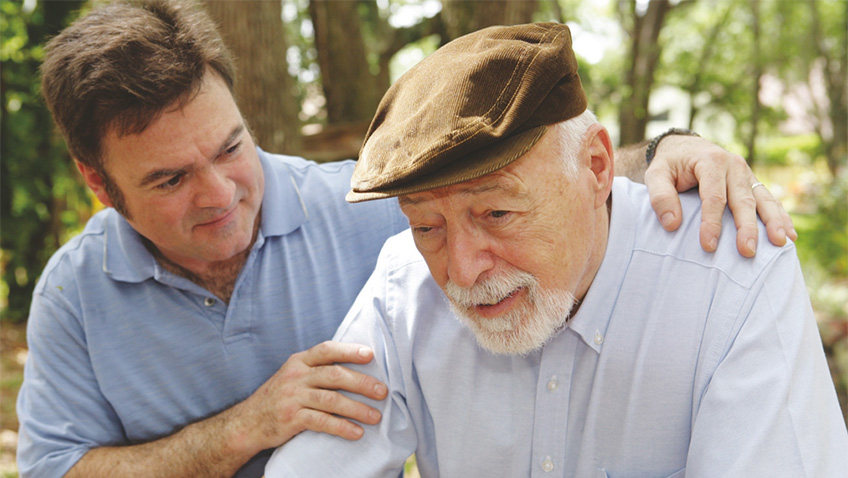Carers Week 2018, 11th – 17th June
Carers Week is about recognising the invaluable work that the UK’s 6.6 million unpaid carers do and helping them to stay ‘healthy and connected’ by identifying local support that can help them maintain good mental and physical health.
Looking after a family member or friend with disabilities, illnesses, mental health problems or extra needs as they grow older can be hugely rewarding but, without the right support, many carers put their own needs to the ‘back of the queue’.
More than half of carers have seen their physical (61%) and mental health (70%) worsen as a result of their caring role.
Calling for support
For Carers Week 2018, eight national charities are joining forces and calling on communities, health care professionals, employers and the wider public to support carers to get connected to health and wellbeing services and support. The week-long celebration of the enormous contribution that unpaid carers make to our communities will also be a time of intensive local activity, with hundreds of awareness-raising events taking place across the country.
Caring for a family member or friend is one of the most natural things in the world. Yet, without support, these responsibilities can bring unexpected costs affecting carers’ mental, physical and financial health. Only two in five carers say they received training or support on keeping well, despite the often physically demanding nature of caring. As a result, more than a third of carers reported that they have physically injured themselves while caring.
Carers’ wellbeing
Meanwhile, practicalities can make it hard to maintain the same levels of wellbeing as before their caring role started. Half of carers reported that they have let a health problem go untreated, whilst a majority also struggled to get a good nights’ sleep or maintain the same level of exercise.
Minister of State for Care, Caroline Dinenage said:
“Carers’ invaluable contribution deserves to be recognised and I thank them for all they do. That’s why we will soon publish our Carers’ Action Plan and why they will be a key part of our upcoming proposals to reform social care. I urge everyone to get involved with Carers Week, to celebrate these true unsung heroes and ensure they get the support and recognition they truly deserve.”
Helena Herklots CBE, on behalf of Carers Week, said:
“As we approach the 70th Anniversary of the NHS this July, there has never been a more timely opportunity to recognise and celebrate the enormous contribution of carers. Without the unpaid care provided every year by family and friends, our health and care services would collapse. Yet caring for others too often means that carers put their own health needs last. We need health and care services, employers, and all parts of the community to play their part in helping carers to stay healthy and connected.”
There are lots of different ways to get involved in Carers Week. From sharing information with a struggling friend, to handing out leaflets at your local GP’s surgery, we all have a role to play in helping carers stay Healthy and Connected.
Please visit www.carersweek.org and:
- Pledge your support for Carers Week by spreading awareness of caring, as well as ways carers can stay Healthy and Connected in your town
- Run an activity or event and add it to the Carers Week website so that others can find it
- Follow Carers Week on Twitter @CarersWeek and use the hashtag #Carersweek
- Like Carers Week on Facebook (www.facebook.com/carersweek) and join in with the conversation
Carers Week 2018 is made possible by Carers UK collaborating with Age UK, Carers Trust, Independent Age, Macmillan Cancer Support, Motor Neurone Disease Association, MS Society and Which? Elderly Care and kindly supported by Nutricia Advanced Medical Nutrition. For more information, visit: www.carersweek.org




